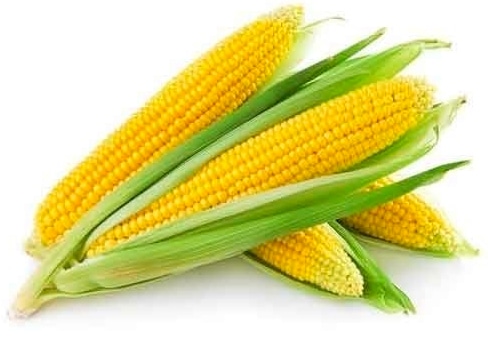Paul Makube, Senior Agricultural Economist at FNB
Agri-Business
The latest production estimate showed a further upward adjustment to the crop
estimates with maize now just above 11 million tons. This, together with
considerable carryover stock (2.7 million tons), ensure sufficient supplies for
the 2018/19 marketing season.
Maize prices have responded accordingly with the nearby futures for both white
and yellow falling by 5% and 3% respectively relative to the previous week and
now below R3,000/t at R2,844/t and R27,21/t respectively.
This bodes well for the livestock sector as lower maize prices, a major input in
animal feed, improves feeding margins in intensive production systems such as
poultry, pork and feedlots. The winter cereal supply outlook for 2019 is also
bullish with the production estimate for the largest crop, wheat, back above
1.9 million tons at 1.92 million tons which would be at a record high since
2010.
Nonetheless, we are still a net importer of wheat given that we produce just
over 50% of the country’s consumption requirements. This is positive from a
food inflation perspective which has so far been contained at 3% year-on-year
(y/y) with headline CPI moderating to 4.0% y/y in July 2019 from 4.5% in June.
Further implications are for a downside in the interest rate outlook in the
medium term.
A modest uptick of 3.9% month-on-month (m/m) sunflower production forecast
pegged at 680,940 tons although still sharply down by 21% y/y. Soybean
production estimate came in unchanged at 1.17m tons but still 17% relative to
the previous season. Focus turns to the new summer crop season and weather will
be a major driver in price direction in the short to medium term.
The South African Pork Producers’ Organisation (SAPPO) coordinates industry interventions and collaboratively manages risks in the value chain to enable the sustainability and profitability of pork producers in South Africa.
















